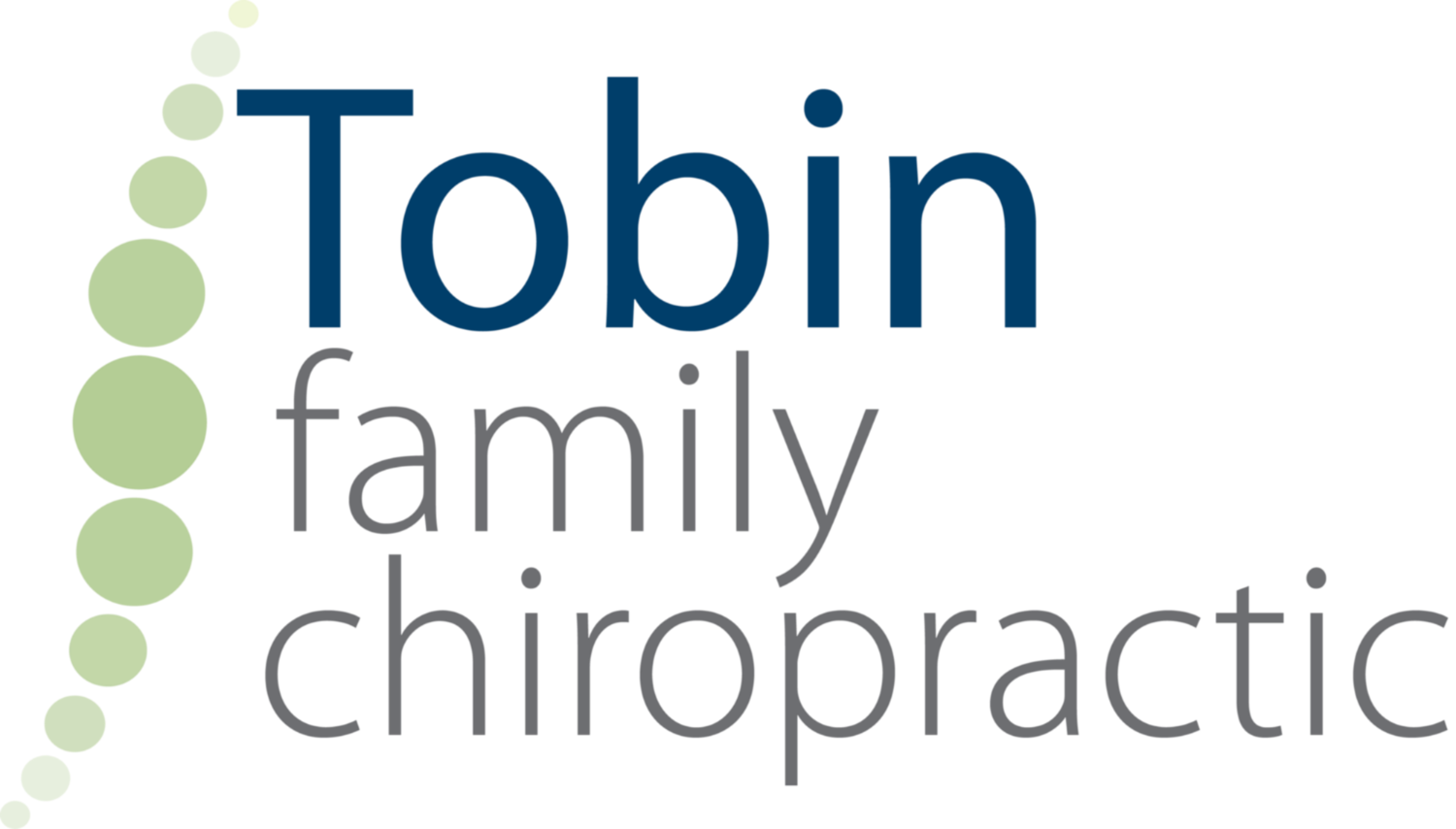Intermittent Fasting
*The information on this site is for informational purposes only. No material on this site is intended to be a substitute for professional medical advice, diagnosis, or treatment. Always seek the advice of your physician with questions you may have regarding a medical condition or treatment and before undertaking a new healthcare regiment.
Intermittent fasting is a dietary approach that involves cycling between periods of fasting and eating. It is not a diet in the traditional sense, but rather a pattern of eating that can be used in conjunction with any diet. Intermittent fasting has become increasingly popular in the last few years, as it is a simple and effective diet that can be tailored to fit nearly any lifestyle. But why is intermittent fasting so popular and why is it beneficial?
The primary benefit of intermittent fasting is that it helps people to lose weight quickly. It also helps to maintain weight loss over time. This is because when you fast, you’re essentially creating a caloric deficit – meaning that you’re eating less calories than you’re burning. This caloric deficit helps to lose weight and keep it off in the long term.
Intermittent fasting also increases metabolism, which helps your body burn more calories and fat faster, even when you’re not fasting. It also helps to reduce blood sugar levels and helps to reduce hunger and cravings, making it easier to stick to a healthy diet. And because you’re eating less food, you’re also consuming fewer calories, which further helps with weight loss.
In addition, intermittent fasting can help to improve overall health and well-being. Studies have shown that it can improve cognitive function, helping with focus and concentration. It can also improve heart health and reduce inflammation in the body. And because it helps reduce insulin levels, it can also help to reduce the risk of certain types of cancer.
There are several different types of Intermittent Fasting so that every person can pick the style that works best for their lifestyle and health goals. The most common Include:
1. The 16/8 Method – This is one of the most popular methods of Intermittent fasting where you fast for 16 hours and only eat within an 8 hour window. During the 16 hours of fasting, you can only consume zero-calorie beverages (water, black coffee, tea, etc.), while during the eating window, you can eat whatever you like.
2. Eat Stop Eat – This version of intermittent fasting involves fasting for 24 hours and then eating normally for the next 24 hours. That being said, you can still eat whatever you want during the eating period, though it is recommended that you keep your calorie intake at or below normal levels.
3. The 5:2 Diet – This is a form of intermittent fasting where you eat normally for 5 days and then fast for two days. During the fasting days, you should consume no more than 500-600 calories per day.
4. Alternate Day Fasting – This type of intermittent fasting is one of the most extreme. It involves fasting for one full day and then eating normally for the next day. This should be only used under the guidance of a healthcare professional
If you have never used intermittent fasting before, here are some tips to get started and be successful.
1. Start Slow – It is important to ease into intermittent fasting. Start by fasting only for 12-14 hours a day and progressively increase the time of fasting per day.
2. Stay Hydrated – One of the most important things to remember when fasting is to stay hydrated as this can make the fasting process much easier. Staying properly hydrated is essential in order to prevent any side effects such dehydration, headaches, etc.
3. Take Supplements – Certain supplements can help make the fasting process much easier, such as electrolytes and minerals, which help keep your energy levels up.
4. Eat nutrient dense whole foods - When skipping meals, it’s especially important to get the necessary nutrients your body needs. Eating nutrient-dense whole foods is the best way to make sure that your body doesn't miss out on any important nutrients.
5. Get enough sleep - Make sure you get plenty of sleep when practicing intermittent fasting. Adequate sleep is essential for proper body and brain function, so make sure you get seven to nine hours per night.
6. Exercise regularly - Exercise is an important part of a healthy lifestyle, and it can help you stay energized during the day. Aim to get in some kind of aerobic exercise for at least 30 minutes a day.
